The Boat Theft Theory of Consciousness
[ Context: The Debate on Animal Consciousness, 2014 ] There's a story in Growing Up Yanomamo where the author, Mike Dawson, a white boy from America growing up among Yanomamö hunter-gatherer kids in the Amazon, is woken up in the early morning by two of his friends. One of the friends says, "We're going to go fishing". So he goes with them. At some point on the walk to the river he realizes that his friends haven't said whose boat they'll use [ they're too young to have their own boat ]. He considers asking, then realizes that if he asks, and they're planning to borrow an older tribesmember's boat without permission [ which is almost certainly the case, given that they didn't specify up front ], his friends will have to either abort the mission or verbally say "we're going to steal John's boat". This would destroy all their common-knowledge [ in the game-theoretic sense of common knowledge ] plausible deniability, making it so that no one would be able to honestly say, upon apprehension, "I was there, and we didn't really plan to steal any boats, we just . . . walked to the river and there was one there." In order to be making the decision -- deliberate or not -- to omit facts that will later be socially damning from their explicit communication, while still getting away with ostensible moral violations -- Mike and his friends had to have a razor-sharp model of what was socially damning. And, in order to differentiate between [ their razor-sharp model of what was socially damning ], versus [ what they personally felt they could get away with if certain facts were carefully omitted from their explicit communication ], they -- or rather, their brains, since the bandwidth of conscious human cognition couldn't realistically handle this explicitly -- had to have a very strong ability to navigate the use-mention distinction. Use-mention almost had to be a primitive, in addition to all the other primitives -- social and otherwise -- their brains had natively. If y
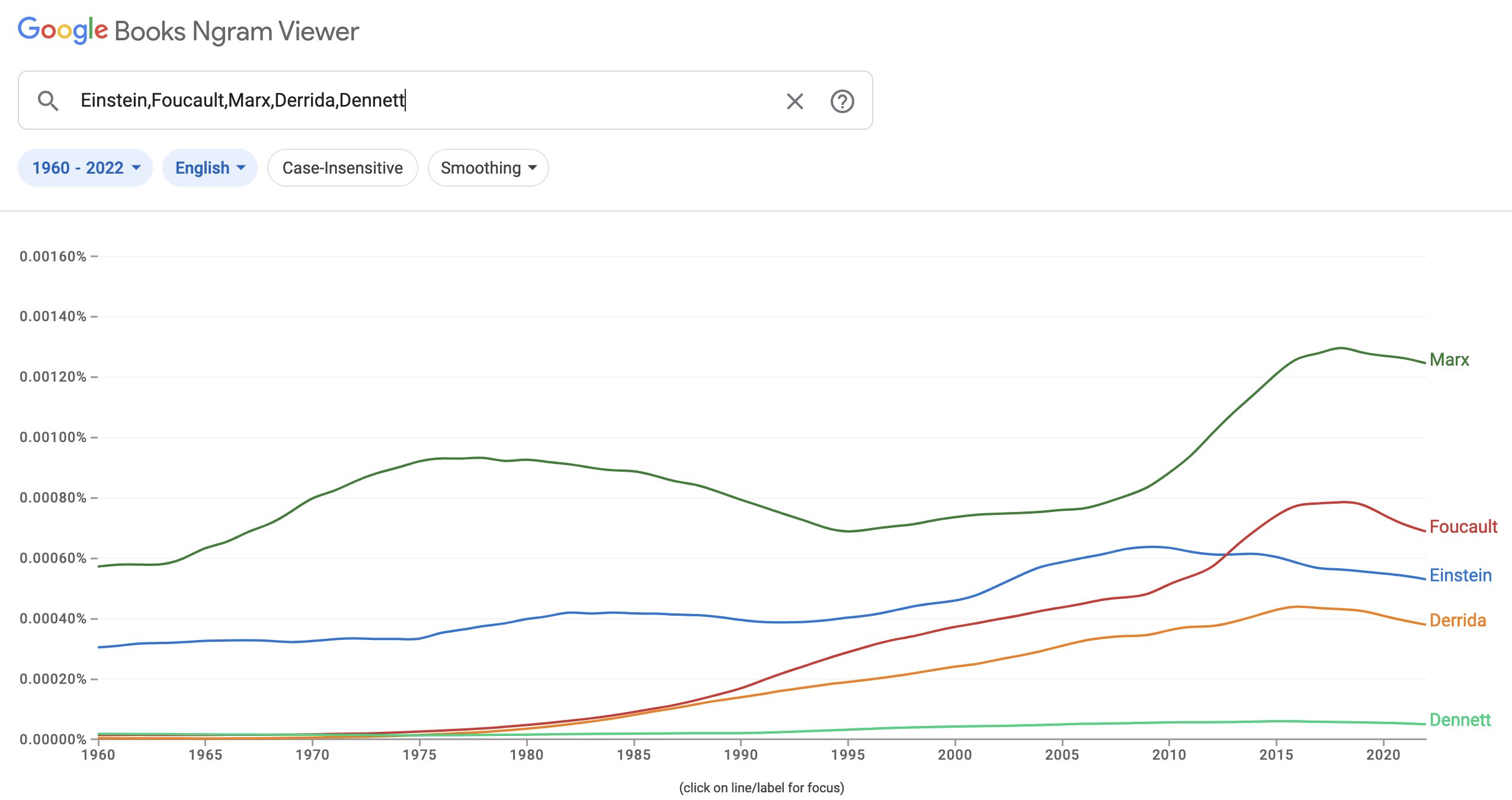
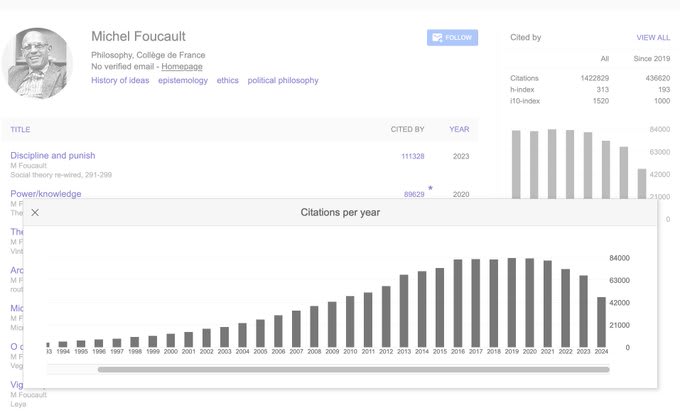
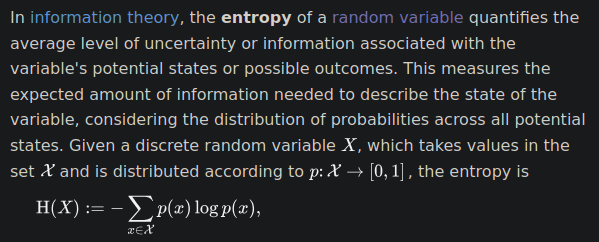

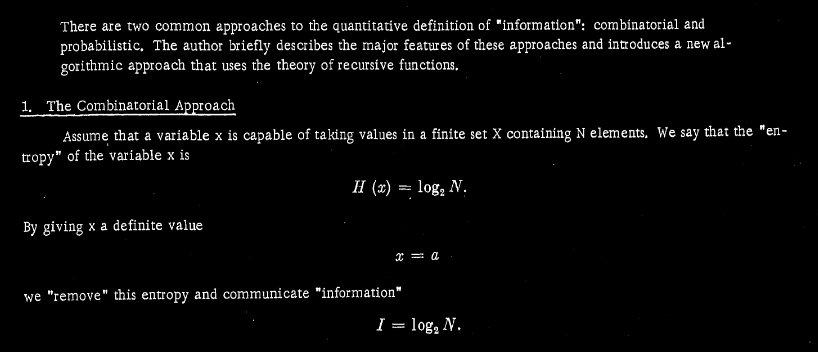

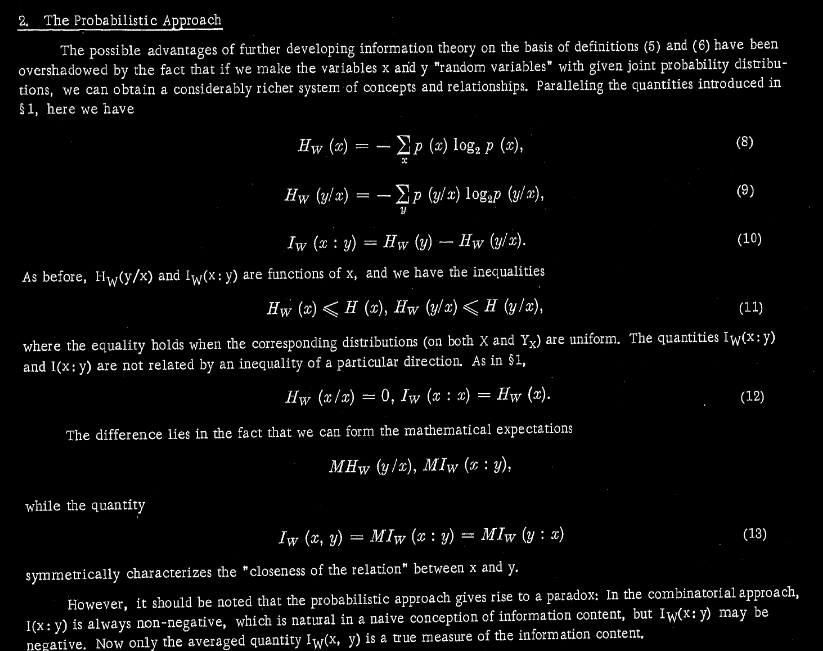
I cannot imagine any good reason for the new UI and am immensely disappointed the siterunners are not reverting it. Technical discussion forums should not center random blobs and chic blank pages. That is destructive of their purpose. They should center the text written by their users.
Props to [ Algon ], [ Xela ], [ the gears to ascension ], and [ Zack M. Davis ]. I agree with all of them.
Not replying to the post those comments are replying to because OP is the designer, seems unfamiliar with the community, and is not responsible for any long-term effects of the changes.